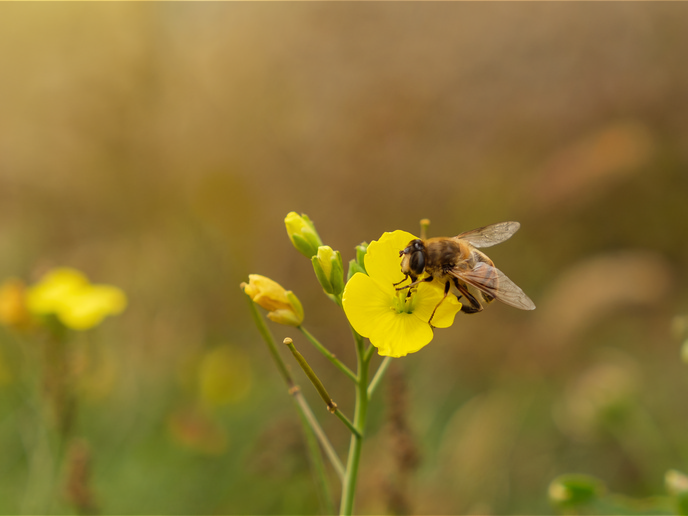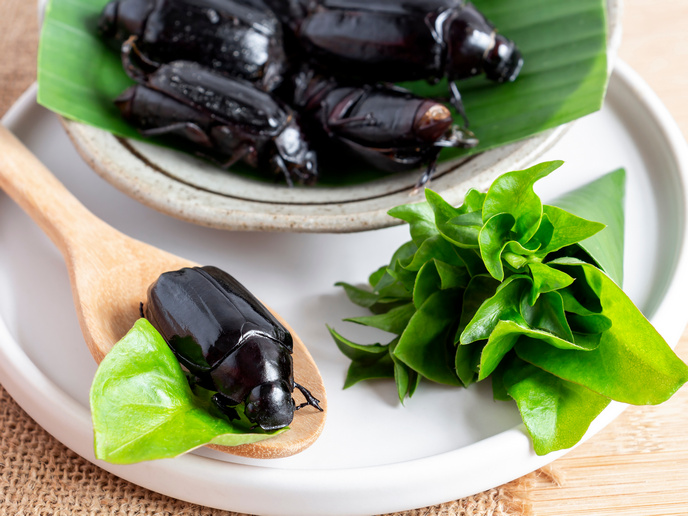Building a better bug
Whether it be fodder or forage, animal feed is a big industry – and one that is essential to human food production. However, due to such factors as population growth, an expanding middle class in developing countries, and limited land and resources, the global feed market is expected to experience a shortage of 60 million tonnes by 2030. Unless an alternative to the soymeal and fishmeal typically used to feed livestock is found, this shortage will have a substantial impact on global food production. One potential alternative is insects. According to Beta Bugs(opens in new window), a Scottish insect breeding company, the black soldier fly (BSF) in particular has emerged as a prime candidate. Through support from the EU-funded PLATYPIS project, the company has developed an innovative new system for increasing the productivity and performance of BSFs. “Having only recently been domesticated, insects, unlike other agricultural species, are far from optimised for industrial use,” says Thomas Farrugia, Beta Bugs CEO and founder and PLATYPIS project coordinator. “To improve the efficiency, quality and ease of farming BSFs, Beta Bugs has developed state-of-the-art breeding programmes and tried and tested biotechniques.”
Working out the bugs
Beta Bugs’ mission is to provide the rapidly emerging insects as feed sector with the BSF breeds they need to unlock more productivity and compete with unsustainable animal feed ingredients. The PLATYPIS project helped the company achieve this mission by exploring the feasibility of establishing a world-first insect genetics company capable of supplying the industry with high-performance insect breeds. “Within this project, we wanted to understand the key requirements and activities needed to ensure commercial success whilst also de-risking the technical aspects of the company,” explains Farrugia. “What we confirmed is that there is indeed market demand for high-performance insect genetics.” To answer this market demand, the company has developed a number of biotechniques that, when combined with a cutting-edge genetic breeding programme, has led to a portfolio of BSF strains that greatly outperforms natural strips. According to Farrugia, Beta Bugs selects a certain strain for a customer’s specific needs and then cross-breeds them to create an insect uniquely optimised for a specific facility. “We then provide the customer with a fresh stock at regular intervals, with each stock being even more productive than the last, thus ensuring an annual minimum 2 % increase in productivity,” adds Farrugia. “This ensures that our customers continue to benefit from using our strains.”
On the move
To support the marketing of these BSF strains at scale, Beta Bugs has also been busy forging strategic relationships. For example, during the PLATYPIS project, the company relocated its entire operations from England to Edinburgh, Scotland. This move places the company adjacent to the Roslin Institute(opens in new window), a key partner and a world leader in animal genetics. Although the project is now finished, Beta Bugs continues to move towards commercialisation by expanding its team and applying for further funding. “The PLATYPIS project formed a key part of our company’s roadmap, positioning us to engage with private and public funding bodies and stakeholders within the agri-food industry,” says Farrugia. “Simply put, it has been a game changer.”







